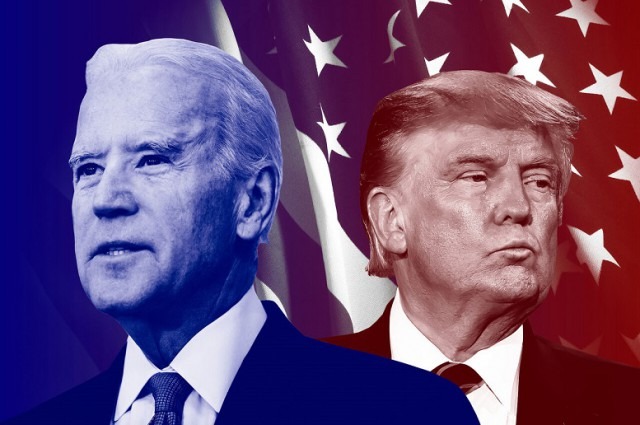Barack Obama in his last speech to the UN General Assembly satirically said: Many believe that all the issues and problems are either caused by the United States or that the US is capable of resolving them all. Some in Washington, DC, believe that. The experience of Donald Trump’s presidency showed that this satirical statement by Barack Obama is not far from reality; because the unilateral policies of the US and its avoidance of cooperation and interaction with other countries, as well as ignoring considerations and interests of other players based on the first policy of the United States, caused problems in different parts of the world that only limited a number of countries such as Saudi Arabia, the UAE, Bahrain, Israel and to some extent Russia benefited from that situation and the rest of the world, even Europe and China, suffered from it. In other words, Trump’s experience showed how the wrong and one-sided approach of the United States can overshadow the international system and cause it many problems. The role of the United States after World War II was to promote free trade in the economic arena, strengthen joint and multilateral cooperation in the political and military areas, and advance international principles and norms in the field of international law. But Trump suddenly challenged those three areas. He preferred bilateral trade agreements over multilateral trade deals. In the light of the US first policy, unilateralism became the first principle of the US foreign policy and directly challenged the norms and principles of international law. Now it seems that the most important responsibility of the new US President Joe Biden is to prove that Donald Trump’s term was just a short break in the US usual role-playing, and that the country is still looking for playing the role it took on after World War II. In this regard, Joe Biden is probably moving in the direction of building trust and gaining the trust of allies and other countries. To understand the expectations of different countries from Biden, they should be addressed on a case-by-case basis;
- The European Union: The European Union expects Biden to be a pillar of integration in Europe and advance strengthening of transatlantic relations by strengthening NATO as well as multilateral cooperation, like the policies of all pre-Trump American presidents.
- The Middle East: Prior to Trump, the policy of all US presidents was to have some form of relative balance in the region, but Donald Trump sought the absolute supremacy of the Zionist regime and then the supremacy of certain Arab countries. He ignored security considerations and concerns of other countries. It seems that expectations of the Middle Eastern governments from the United States are to put an end to its unwarranted support for some regional governments and put full pressures on some other regional states.
- Russia: Although Trump’s anti-EU policies and his refusal from imposing sanctions on Russia were in Moscow’s interest, US domestic opposition has placed the US-Russian relations in a state of uncertainty. It seems that Russia would expect the two countries that by passing through the challenges related to the 2016 elections cooperate with each other on some international issues.
- China: Some in the US have always believed that by economic interactions with China, recurrence of history in the violent interaction of the big powers could be prevented; but Donald Trump tried to put pressure on the two countries’ economic interactions. It seems that China’s expectation would be that the US continues to adhere to trade agreements and defend free transactions.
Generally speaking, the above-mentioned cases show to what extent Donald Trump’s presidency has disrupted global relations, and on the other hand, it shows the problematic position of the United States in international politics. By returning to multilateralism and following the policies of other US presidents prior to Trump, Joe Biden will seek to revitalize to some extent the role of the American leadership in global affairs, including the fight against the Coronavirus.










0 Comments